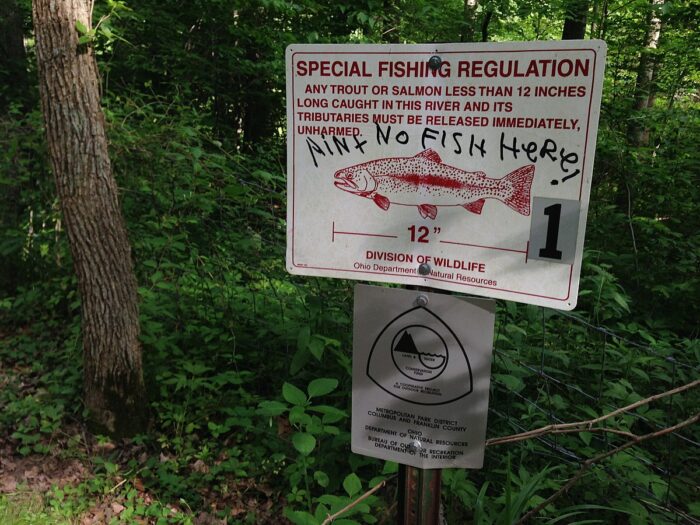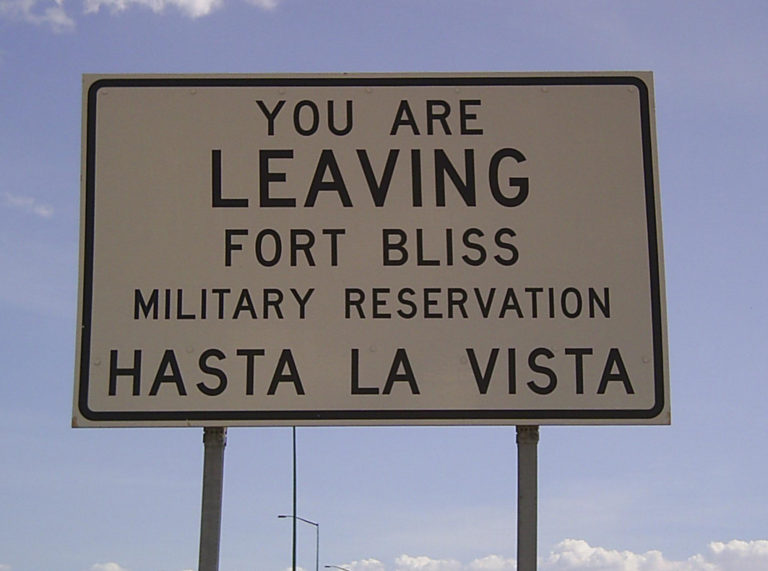When is it Okay to Use Ain’t?
In English class you may have learned that using ain’t is always wrong. One of your teachers may have told you that ain’t is not an acceptable substitute for isn’t, aren’t, I’m not, or any other negative contraction.
And this is mostly true. You certainly don’t want to always use ain’t instead of one of the contractions you were taught in class.
But this doesn’t mean that ain’t is always unacceptable. There are two situations in which using ain’t is entirely appropriate.
It’s okay to use ain’t to add emphasis
If you use ain’t instead of isn’t, aren’t, etc. you make your statement more emphatic.
Here’s an example. Let’s say you have a friend who always asks to borrow money and never pays it back. One day he asks you to lend him $100. You tell him, “I’m not going to lend you any money because you never pay me back.”
But your friend is persistent, and he asks to borrow money again. So you tell him, “I’m sorry, I’m not going to help you out this time. You never pay me back.”
Unfortunately, your friend just won’t take no for an answer (you should really find some new friends), and he asks to borrow money for a third time. At this point, you’ve had enough, so you tell him, “Listen, I ain’t lending you any money. Deal with it.”
Saying “I ain’t” instead of “I’m not” tells your buddy that there is absolutely no chance that you’re going to lend him money. Ain’t makes your refusal stronger and more emphatic.
Here’s another example. Let’s say you have another friend who is a hopeless optimist. He always plays the lottery and is convinced that he’s going to win one day. He talks about it all the time, and it annoys you to no end.
So one day while your friend is telling you about how he’s going to spend his lottery winnings, you interrupt him and say, “Listen, stop talking about winning the lottery. It ain’t gonna happen.”
Again, saying “ain’t” makes your statement stronger and more emphatic.

It’s okay to use ain’t in certain fixed expressions
Another acceptable use of ain’t is in certain fixed expressions. In many of these expressions, replacing ain’t with another contraction sounds unnatural.
We use the expression if it ain’t broke, don’t fix it to communicate that we shouldn’t try to fix or improve something that is working just fine. (Example: “Why are you getting your resume ready and applying for jobs? You have a good salary and are generally pretty happy with how things are going. If it ain’t broke, don’t fix it!“)
We use the expression It ain’t over ’til the fat lady sings to communicate that the outcome of an event (such as a game or competition) cannot be determined until it has officially ended. The expression references stereotypically overweight opera singers who would often sing at the end of an opera. Another variation of this expression is It ain’t over ’til it’s over. (Example: “Yes, I know our team is losing by four goals in the second half, but it ain’t over ’til the fat lady sings. We still have a chance.”)
We use the expression ain’t what it used to be to communicate that the quality of something has diminished over time. (Example: “I’m going to have to write this down. My memory ain’t what it used to be.”)
We use the expression You ain’t seen nothin’ yet to communicate that what someone has seen isn’t nearly as exciting/awesome/amazing as what is yet to come. Notice that in expressions with ain’t, we sometimes use a double negative. (Example: “You ain’t seen nothin’ yet. The most impressive part of the show is at the end.”)
These aren’t the only fixed expressions in which we use ain’t. There are others, including some that are outdated or uncommon in modern speech.
So, to conclude: It’s perfectly fine to occasionally use ain’t as long as it’s to add emphasis or as a part of a fixed expression.






